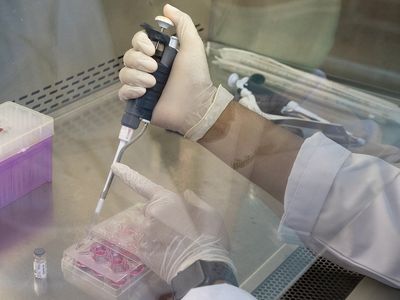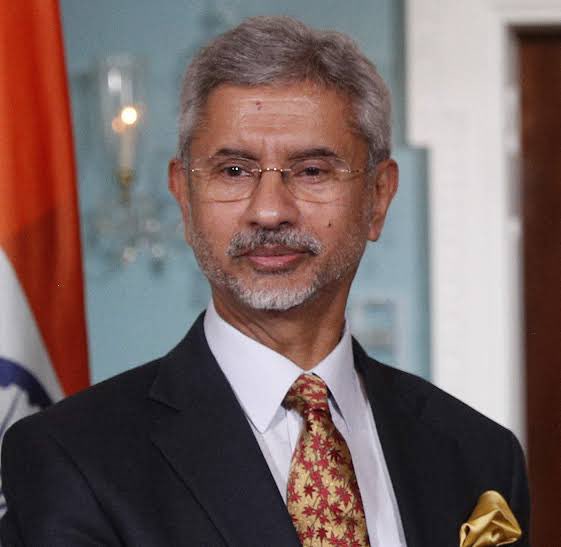Islamabad: The ongoing economic crisis in Pakistan has had a significant impact on the healthcare sector, with patients struggling to obtain necessary medicines.
The country’s inability to import essential medicines or Active Pharmaceutical Ingredients (API) utilised in domestic production has been hampered by a lack of foreign exchange reserves. As a result, as people suffer in hospitals, local pharmaceutical firms have been obliged to reduce production. Due to a lack of medications and medical equipment, doctors are unable to perform procedures.
According to Pakistani media reports, operating rooms have less than the two-week stock of anaesthetics required for sensitive surgery such as heart, cancer, and kidney transplants. The situation may also result in job losses in Pakistani hospitals, exacerbating people’s misery.
The pharmaceutical industry has blamed the financial system for the healthcare system’s dilemma, stating that commercial banks are not granting new Letters of Credit (LCs) for their imports.
According to a report by the news agency ANI, Pakistan’s pharma industry is heavily reliant on imports, with about 95 per cent of pharmaceuticals requiring raw materials from other countries, especially India and China.
Most medicine producers have had their imported materials held up at the Karachi port due to a lack of dollars in the banking system.







